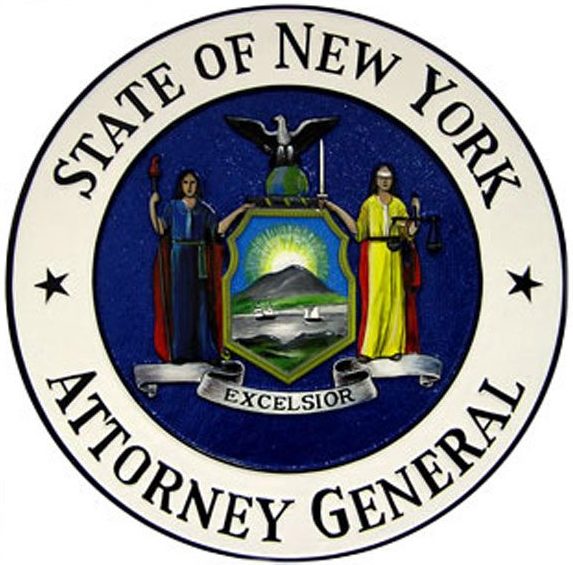
February 15, 2018; Crain’s New York and New York Law Journal
The US Court of Appeals for the Second Circuit has upheld the dismissal of free speech violation claims by Citizens United. In doing so, it allowed New York to require the public disclosure of donors who give more than $5,000 to nonprofits in the state.
The ruling states that these regulations are “substantially related to the important interest in keeping nonprofit organizations honest” and don’t wrongly “chill the speech” of Citizens United or its donors.
In an interesting twist, Citizens United argued its case based on a free speech/civil rights case from Alabama in the 1950s. In the case of NAACP v. State of Alabama Ex. Rel. Patterson, the Supreme Court found that giving a list of the NAACP’s members names to the state would reasonably subject them to the threat of violence. Apparently, Citizens United felt that their own political views might have the same violent reactions by citizens of New York. But the Appeals Court felt differently.
The arguments centered on balancing the rights of free speech and association for nonprofits and the state’s interest in regulating and protecting citizens from fraudulent dealings in nonprofit fundraising and potential abuse of organizational nonprofit status, both 501c3 and 501c4.
In a statement, [New York Attorney General Eric Schneiderman] called the decision a “a victory for all those who believe in fairness across this vital sector of New York’s economy.”
Sign up for our free newsletters
Subscribe to NPQ's newsletters to have our top stories delivered directly to your inbox.
By signing up, you agree to our privacy policy and terms of use, and to receive messages from NPQ and our partners.
“Today’s ruling affirms that Citizens United can no longer shroud its biggest donors in secrecy,” he said. “State law demands that organizations like In Citizens United disclose their biggest donors to regulators so they can police fraud and abuse in the non-profit sector.”
In a statement, Citizens United vice president and general counsel Michael Boos said the organization was extremely disappointed by the “adverse” ruling.
“We suffered a similar fate when we challenged the federal ban on corporate sponsored political speech, but were ultimately vindicated at the U.S. Supreme Court in the landmark Citizens United v. Federal Election Commission decision,” he said.
Boos said the group was evaluating its options, including an appeal to the Supreme Court.
In an NPQ article last week, it was noted that the state of Arizona had passed legislation to make it illegal for municipalities to pass regulations or laws requiring the disclosure of major donors to nonprofits. Now, the federal courts in New York have ruled that disclosure can be legally mandated. Depending where you are, nothing is final…yet. Stay tuned.—Carole Levine













